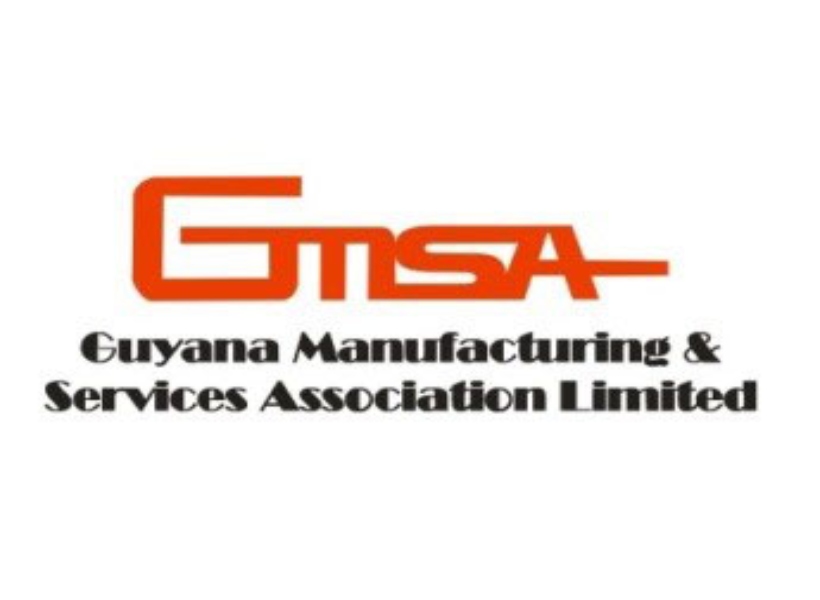The Guyana Manufacturing and Services Association (GMSA) has expressed grave concern over Trinidad and Tobago’s recent denial of two containers of packaged milk products from Demerara Distillers Limited (DDL).
It is important to note that two containers of bottled flavored water products from the same company have also been restricted from sale pending a comprehensive examination.
This incident has sparked significant unease within the GMSA, particularly given the principles outlined in the Revised Treaty of Chaguaramas, which mandates the free movement of goods and services among Caribbean Community (CARICOM) member states. The GMSA in a statement highlighted the contradiction between these principles and the actions taken by Trinidad and Tobago.
It emphasized the importance of regional cooperation, especially in the context of the collective commitment by CARICOM Heads of Government to work towards food security and reduce the regional food importation bill by 25% by the year 2025. “Actions similar to those taken by Trinidad and Tobago against DDL are inimical to the achievement of these objectives,” the GMSA noted.
In light of this development, GMSA has joined DDL in urging the Government of Guyana and CARICOM leadership to intervene with the Government of Trinidad and Tobago to resolve the situation promptly. The association stressed the necessity for all CARICOM member states to adhere to the regional integration framework, which promotes equitable market access and the seamless flow of goods within the community.
DDL’s response to the situation included a detailed “Summary of Facts” in which it disclosed details from a virtual meeting with the Ministry of Trade of Trinidad and Tobago on May 13. During this meeting, they sought to understand the reasons behind the rejection of their milk products and the procedures necessary for gaining approval for import into Trinidad and Tobago. DDL was informed that the Animal Disease and Importation Act 2020 of Trinidad and Tobago imposes stringent requirements on the import of animal and animal-based products, which are not reciprocally applied to similar products imported into Guyana.
The GMSA also pointed to a precedent in a 2014 trade dispute between Suriname’s Rudisa Beverages & Juices N.V. subsidiary Caribbean International Distributors Inc (CIDI) and the State of Guyana. The Caribbean Court of Justice (CCJ) ruled that a state must honor its treaty obligations in good faith as per the doctrine of “pacta sunt servanda,” codified in Article 26 of the Vienna Convention on the Law of Treaties 1969. The court also stated that a state cannot invoke its internal laws as a justification for failing to comply with its treaty obligations.
The GMSA noted that it referenced this ruling to underscore the importance of adhering to international agreements, suggesting that the principles from the CCJ ruling are applicable to the current dispute.
Moreover the body said it has also engaged with the Trinidad & Tobago Manufacturers’ Association (TTMA) and the Caribbean Manufacturers Association (CMA) to seek a resolution to this issue. It also urged the authorities in Trinidad and Tobago to address the situation swiftly to avoid further complications.











